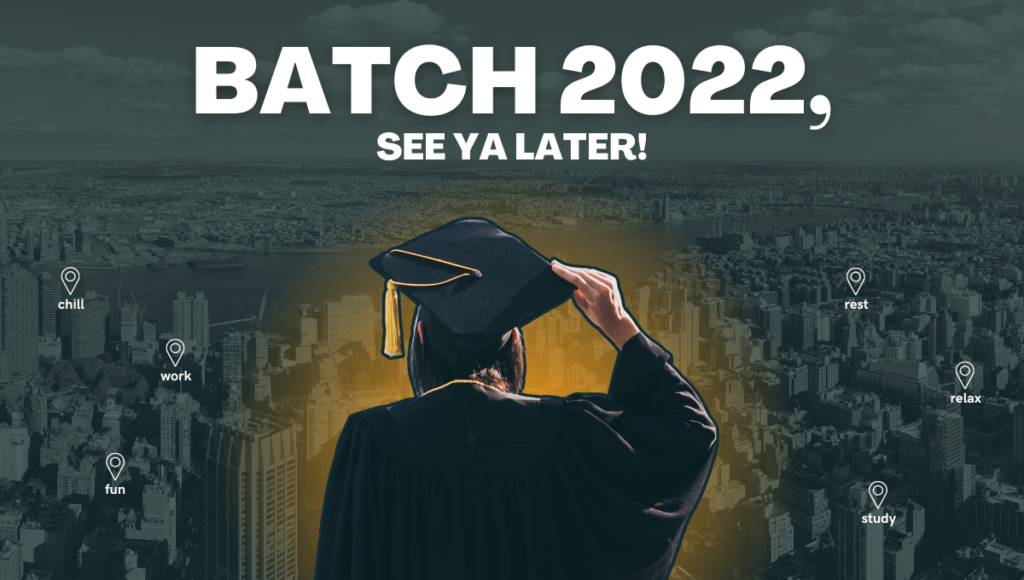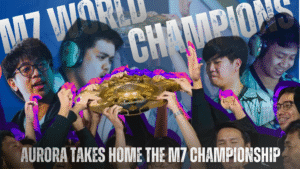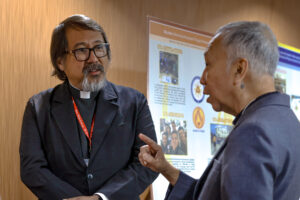By Maxinne Reyes | August 26, 2022
See ya later, Experimental Batch of ‘22!
ELEMENTARY kids are living their usual lives when suddenly, news flash: “Another two years of our lives will be dedicated to our education, specifically, in our high school life.” For some, they call it another financial expense but formally, we call it the “K-12” program. Until now, this has been a controversial topic — was the Philippines ready for this? To get answers that are solely based on experience, a few from the recently graduated pioneer batch of the K-12 program spoke their minds.
Uncharted Territory
For the majority, K-12 was not part of the plan at all. All we know is that after our fourth year in high school, we will be ready to take our diploma and embark on our next journey a.k.a the college life; but lo and behold, our high school journey is not ending just yet. This occurrence became a challenge not just for the students but also for the parents.
Kristina Jamisola, a cum laude graduate from Communication and Media Studies, said that being the first batch of K-12 is a challenge because everyone was adjusting: “Personally, I had my doubts in the efficiency of the K-12 program, but I think in the long run (with needed improvements) it can really help students to be at par with other countries in terms of education level.”
Moreover, cum laude graduate from Psychology Rowie Guinhawa also shared that graduating after the additional two years alongside the pandemic is a relief and a breath of fresh air because finally, they will not think of themselves as a financial burden anymore. Guinhawa also said that despite being part of the experimental batch, they remained grateful for K-12 because it gave them more time to think on which path they will take. Though it was not a smooth road, they still finished strong and prepared.
It is All Connected
“These additional two years better be worth it,” we say to ourselves as they promise that this program will make our college life easier and will hone us to be the great professionals we ought to be. The strand choices may be a little bit less specific and heavy compared to college courses however , it is still a big decision to make.
Thea Castalone, a graduate from Psychology, shared that choosing the right senior high school (SHS) strand gave her an advantage in college because some SHS major subjects were also discussed in her college curriculum. “Pati sa work immersion, super useful siya kasi experience na rin ‘yon before sumabak sa internship for college and job in the future.” She added. Castalone closed with a reminder that you must ensure that your SHS strand is inclined with the college course that you’ll take to avoid wasting the additional two years.
While others were for K-12, Mariz Solis, another graduate from Psychology, explained why it didn’t help her in college nor on job applications. “When I was applying for college abroad, I thought that I’d go straight to college because of K-12; however, it was the complete opposite.” Solis also added that university representatives do not seem to understand the Philippines’ K-12 system and being a college graduate is still a requirement for most employers. “There was no guarantee that it [K-12] prepared us because the Philippines isn’t even ready for it [yet].”
Leave a Review
As contentious as it is, some still feel that something good came out of the K-12 program. Among the students, we feel that our stand on this is based on our own experience. In spite of that, the academic and financial burden that it gives continually stands out.
Mika Clemente, cum laude graduate from Entreprenuership, shared her list of pros and cons of K-12. Clemente pointed out that with this program, students were able to express and discover their interests which led to more practical learning. On the other hand, despite GE subjects discussed in SHS being promised to be removed as a requirement in college, they still discussed it nonetheless. Apart from this, she also mentioned it was not a smooth transition and that “majority of the jobs still require a bachelor’s degree unless sa BPO industry ka magw-work.”
Solis, who does not support this program, comments that there is a lack of professional development and preparation which just added to the academic burden of students and professors. “The vision to prepare the Filipinos for the global market is good but the approach of the additional two years is far from the vision.” She also remarked that instead of the additional years, it would be best to prioritize the financial resources to further improve our educational system.
The intention of the K-12 program is good but the implementation seems to fail the students, professors, parents, and everyone involved. But we cannot stop yet; the government should take action and take a second look at matters that need improvement. Education is one’s way to life — it protects our stability. It must be accessible and sustainable for all simply because education is our right, not a privilege.
Volume 28 | Issue 1




